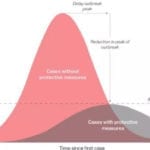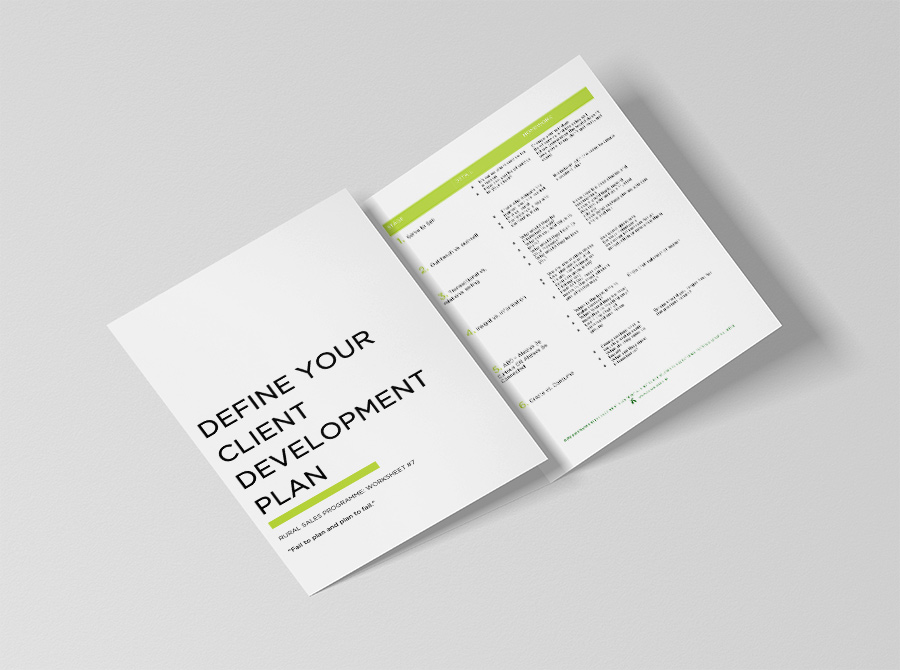Are You Agile Or Fragile?
Some of us have got soft. We’ve become addicted to comfort, convenience and cushiness. We don’t like shocks or setbacks because we see them as threats, not opportunities.
These shocks and setbacks are painful and they hurt and harm us so most of us do all we can to avoid them rather than learn from them.
When we think and act like this it makes us fragile.
When the work is easy we get weaker. When it becomes harder we get stronger. When we succeed we have to more to lose than we have to gain.
Like that sporting analogy tells us:
We learn more from our loses than from our wins.
They teach us how to be better because success is a lousy teacher. We also know anyone can run a business in the good times but very few can run a business in the bad times.
I’ll be brutally honest here in my belief that some businesses shouldn’t be bailed out in this COVID-19 crisis because they are not fit enough to survive. When the weak are sustained,
the system gets weaker making it more susceptible and fragile to the next shock which ends up making any recovery even longer (what the late Clayton Christensen covers off in his brilliant book Disruptive Innovation). Interventionism sustains those businesses that should be left alone to fend for themselves.
When the system doesn’t change it doesn’t become stronger, it becomes weaker.
Nassim Nicholas Taleb in his brilliant book Antifragile uses a comparison with forest fires which is apt and timely considering the recent Australian fires:
“Just a little bit of controlled fire here and there gets rid of the flammable material in a forest just like a bit of hurt and harm here in the economy weeds out the weak and vulnerable to fail early enough to minimise the long-term disruption to the system.
He’s bang on the money. Had Australian states committed to controlling forest fires before they would never have lost such a massive amount of flora and fauna.
This analogy is very timely with COVID-19 and our economy.
We work out using weights it makes our muscles grow. It makes our bones get stronger and denser too. Lifting a lighter weight doesn’t get us the same results. Our muscles wither. We don’t any benefit and we only go backwards.
So the questions become:
- Why don’t your expose your businesses to the same stresses and strains?
- How can you make your business more weight bearing?
- When did your business last get a worthy workout?
- Have you worked out how much load it can take?
- How do you weed out the weak so you become stronger rather than weaker?
The answer is to train and test.
Running different scenarios and simulations, like the military, means you can be in a better state of readiness ie ready to act. You don’t get left wrong footed because you were prepared and planned for different eventualities you may face.
We’ve spoken many times in these emails about how the most trusted train (BLOG LINK). We have to train like our livelihoods depend on it because, as it’s proven now, they do.
When we train we are ready to face any threat as a challenge rather than a threat.
We train personally but often fail to do the same professionally which can make us fragile.
Action is the antidote to fear.
Instead of freezing through fear, you have to move forward by taking control of your circumstances rather than allowing circumstances to take control of you.
Many businesses will be sitting still waiting for a bail out from the Government. Others will have already got going.
Options give you options.
They are a powerful “antifragility” tool as Taleb tells us. Option are great assets to have on your side because it means don’t have all your eggs in the one basket. You don’t have to sweat one deal or customer if you have others in the pipeline giving you the power to talk away if you need to.
The opposite is fragile. You become dependent on others rather than yourself. You don’t get squeezed having to take an option because no others are available.
The bigger the influence and disruption of others the greater the fall like a china tea cup that shatters when it hits a hard surface. It doesn’t bounce back because it lacks flexibility and can’t absorb the impact. It’s has no agility.
Many companies have been cruelly exposed during COVID-19 for an over-dependence on one customer or one channel of distribution. They had only one leg to their stool which made them unstable and unsteady. A few will fall over as a result.
Others have pivoted super fast like Nanogirl who’s income was reliant solely on live shows got her content up and running in 3 days online to a fully paid subscription model for $1 a day. They were able to pivot so fast because they had a bank of content they could pull from. They are a text book in business agility.
Companies that have created lots of content haven’t been left scrambling. They can drip feed useful and relevant content from they content bank and distribute it across many channels so they can continue to connect with customers. They can get a jump start whilst others are only just working out and waking up to the reality that if you don’t have good content you will get left behind.
Distribution can easily be disrupted.
The fact is the closer you are to the customer the more money you make. This is why so many try to take more control with an integrated supply chain where they are less dependent on others. They try to become the platform.
Netflix as an example is becoming an even more powerful platform.
Their product is content. They have a massive amount of content that they can distribute which earns them more income to produce more in a “blockbuster” winner takes all model. The flywheel gets faster whilst the smaller guys get squashed.
Creating useful and generous content as part of an overall content bank is one of your best strategies to stay connected to your customers right now.
What does the future look like?
Customers are more content hungry than they’ve ever been before.
They want to know how to do things for themselves (watch the trending videos in YouTube over the coming weeks and months) because they have to be more self-sufficient and reliant. They have to rely on themselves rather than farm it out to others.
They want to go to the source. They don’t want copy cats who just collate. They want creators who have original thoughts and ideas. Artists and creatives will be an important part of any transformation who can inspire new business models.
Airbnb, Uber and Slack were all created in downturns.
+++
When we do more of the same we stay with the same. As they say “Invention is the mother of all necessity.”
Ideas can be transformative. Creativity can cut through. Doing more of the same won’t change the system.
How can you insure and insulate yourself from the next shock?
Get creative. Create content and things you haven’t before.
What worked for you before won’t work for you today.





